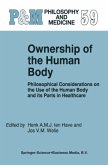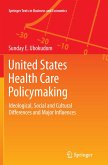This chapter introduces key themes from the book, reflecting the topics of the 'Awareness of the Health Impacts of Waste Management Policies' Seminar, in Kos, Greece. November, 1998. The waste management and health scene is introduced by an outline of concems relating to persistent organic pollutants, as well as through perspectives from Less Developed Countries and from industry. An overview of policy lines for waste management includes an assessment of recent proposals by the European Commission, as well as selected examples from European countries and the USA. Descriptions of developments in research, tools and conceptual approaches for waste management and health issues are provided. Research into health effects of dioxins and PCBs is outlined, as are reviews of technological options for waste management, proposed developments in health impact assessment, environmental taxes as a waste management tool, and integrated regional waste management approaches. A series of case studies provide real world examples of research and policy development including a review of the effects of waste management on wildlife and domestic animals. In conclusion, important crossover themes and challenges are outlined. Topical issues include differences between technological capacity and actual performance, burden of proof and the precautionary principle, hazard versus risk assessment, and societal dimensions of awareness and attitudes. Time-lag, intergenerational effects and the introduction of the chemical hygiene concept are highlighted as important considerations, as well as the general need for prioritisation of the child and infant in all regulatory procedures.








